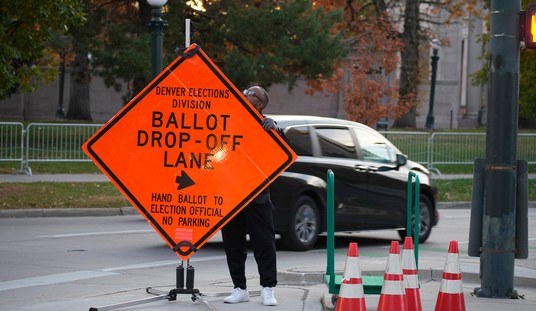When General Electric’s CEO declined to accept a $12 million bonus — on top of his $3 million base pay — a friend sent me the headline and snarked, “What will he and his family live on?” My reply was, “But what would people be saying if he didn’t decline the bonus?” Damned if you do; damned if you don’t.
Yet my turn for a similar sense of schadenfreude arrived when I read this, courtesy of the New York Post’s Page Six:
Hollywood stars are starting to feel the economic pinch. “Salaries are being cut. Unless you’re Will Smith, you are not going to get $20 million a movie anymore,” said an insider. To make matters more meager, “back-end” deals — where a star or big-name director would get a cut of the gross — “are dead. Those deals are not being offered to anyone. Not [even] Steven Spielberg. It’s, ‘Here’s your salary and go home.’ There is no negotiation between stars and the movie studios anymore. The studios make an offer. If the star says no, the studio says, ‘We’ll find someone else.'”
I guess there’s a little bit of class envy in all of us. But is it really class envy in this case? While I might envy some celebrities their fame and fortune, I have no real problem with them making gazillions of dollars whilst churning out what some believe is worthless entertainment. As long as the market will bear it, they’ll make the cashola. That’s how capitalism works. Right now, the economy is in a downturn and everyone’s feeling the pinch — even über-wealthy celebrities whose livelihoods depend on how the little people are doing financially, whether they like to admit it or not.
We all have to make sacrifices. I’m not getting a raise this year either and I rather doubt Steven Spielberg feels sorry for me.
Maybe if there hadn’t been so many movies in recent years created by a bunch of fair-weather patriots that practically screamed “America sucks” and watered our culture down to the lowest common denominator, I might feel a little bit more empathy for their plight. But it’s not just the economy that’s working against them. My friend Aaron hit the nail on the head in an email on this topic:
Normally the movie industry would be blowing up right now because it’s (relatively) cheap (matinee is still 5-7 dollars) and we always hear the talking heads say that consumers like movies during hard times because they enjoy escaping from their normal lives.
I don’t think this will be the case and I don’t think star power is a big draw anymore. People just don’t like any of them anymore.
I just feel bad for all the Republican people who work on the other side of the camera in Hollywood that will be hurt because of the likes of Tim Robbins’ brilliant political insight and the marvel of Cameron Diaz and how women in this country did not get sent to rape camps in the dungeons of bible camps and mega churches after Dubya’s reelection.
During the Depression, Hollywood was certainly not immune to the realities of the broken economy and had to drastically cut costs in order to stay afloat. Initially the movies they made reflected the despair felt by so many. But things changed, and for the better:
As Andrew Bergman has shown, the fantasy world of the movies played a critical social and psychological function for Depression-era Americans: In the face of economic disaster, it kept alive a belief in the possibility of individual success, portrayed a government capable of protecting its citizens from external threats, and sustained a vision of America as a classless society. Again and again, Hollywood repeated the same formulas: A poor boy from the slums uses crime as a perverted ladder of success. A back-row chorus girl rises to the lead through luck and pluck. A G-man restores law and order. A poor boy and a rich girl meet, go through wacky adventures, and fall in love. Out of these simple plots, Hollywood restored faith in individual initiative, in the efficacy of government, and in a common American identity transcending social class.
These simple formulas, even when updated, no longer seem to appeal to producers, directors, and A-list stars who would rather be telling stories that reflect how they think life is and should be. Think of how many films you’ve seen that feature a stagnant, fetid suburbia or a backward, rural outback and — lest we forget — those evil corporations, populated by pathetic losers and horrible bigots. This is how many in Hollywood view America from their bubble. Perhaps it’s no wonder that ticket sales declined five percent in the United States last year, although home-based entertainment options like cable movie channels and DVDs may well have had an impact.
But don’t look to Hollywood to see, much less understand, the plight of the average American anytime soon. Andrew Breitbart reads the writing on the wall in the wake of the annual celebrity self-love fest known as the Oscars:
If “the medium is the message,” as Marshall McLuhan formulated 45 years ago in Understanding Media: The Extensions of Man, then Hollywood-style liberalism is America’s current and future message. And conservatives have no one to blame but themselves for not investing their collective efforts in the pop cultural and the greater media experience.
Breitbart exhorts conservatives to take Hollywood on, but it’s not up to just those who have the cash to back those film ventures that “nurture culture” rather than beat it to a pulp. It’s up to us, the movie-going public, to support the films that reflect our values.
Are we up to the task?









Join the conversation as a VIP Member